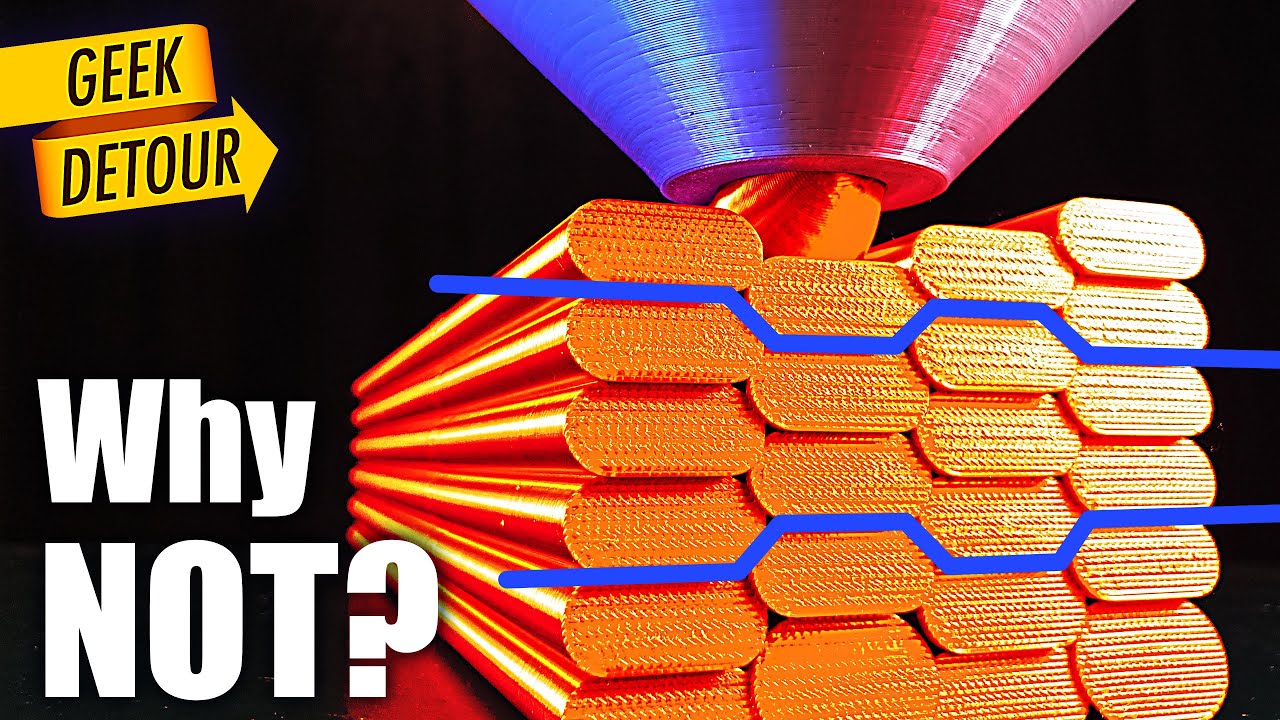Marvelicious
- 2 Posts
- 4 Comments

 3·5 days ago
3·5 days agoWhew… that’s well presented and I do appreciate it, but I was speaking specifically of filament tuning. One of the things I paid Bambu their premium for is having the machine and baseline slicer profiles dialed in and they kinda do. All that machine calibration stuff is what I got frustrated with when I quit the first time!
I am kicking around the idea of rebuilding my Anycubic Predator with updated… everything, just to have that massive build volume again. It might actually work pretty well with a high flow hotend and klipper firmware.
I’m definitely bookmarking that guide for future reference.

 1·21 days ago
1·21 days agolol My new Carbon printed it’s way through two rolls of 7 year old PLA last week and it’s doing fine with the equally old ABS (all Hatchbox). I also have one old roll of PLA and a couple of PETG that are less useful, but they were no-name stuff that were troublesome new and are at least partially to blame for me giving up on printing back then.
Still, it’s nice to see 3d printing is finally not too finicky to tolerate. With this machine, if I get a failure, it’s a lot easier to narrow down the cause.

 21·2 months ago
21·2 months agoLate stage capitalism has murdered satire.

Yeah, honestly that was at least partially my thought process posting this. I see someone else posted the same video and got a bit more traction as well, which is great: the more eyes on this, the more likely someone chooses to develop it. If someone develops a fork or plugin for various open source slicers, it’s usefulness should quickly become obvious and someone with deeper pockets will wind up going after the BS patent. Even as little as a 10% improvement in layer adhesion, if it’s reliable and consistent, is a significant upgrade. The old saying about a chain only being as strong as the weakest link comes to mind and layer adhesion is the weakest link in 3d printing.